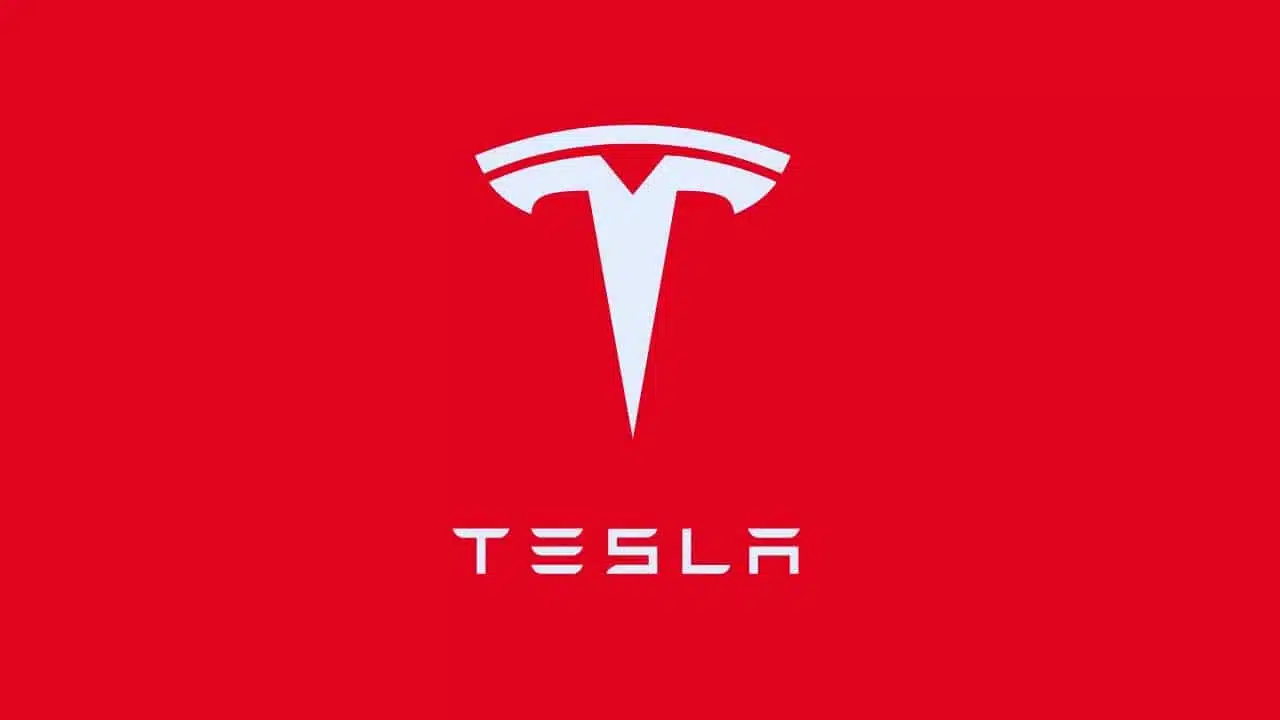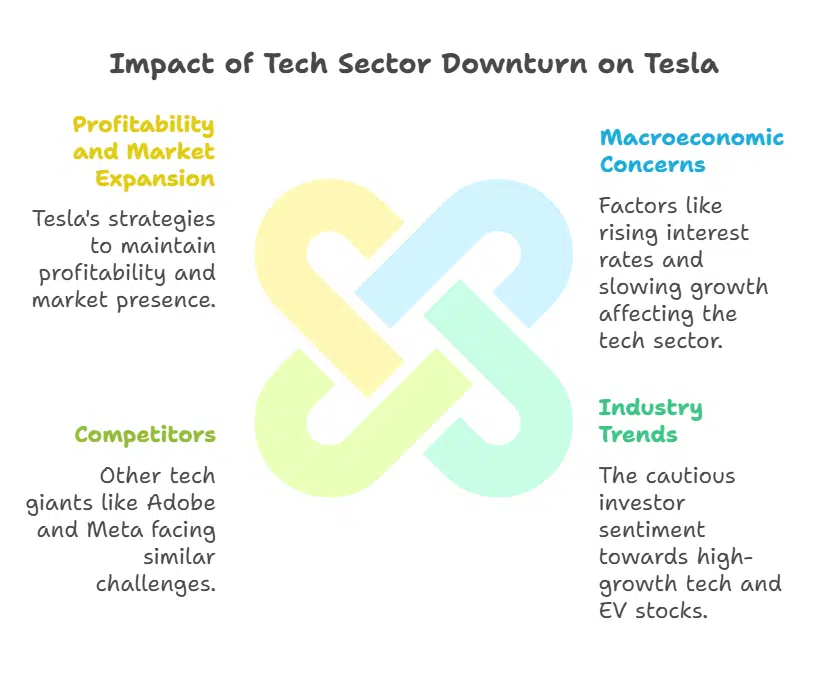Tesla has recently been at the center of speculation regarding a potential investment in Nissan, one of Japan’s leading automakers. Reports surfaced that a high-level group of Japanese government officials, industry leaders, and investors were encouraging Tesla to step in as a strategic investor in Nissan. The idea reportedly emerged after Nissan’s failed merger talks with Honda, leaving the company exploring alternative strategic partnerships.
The proposed deal was said to involve Tesla acquiring Nissan’s underutilized U.S. manufacturing plants. Nissan’s production capacity in the U.S. has been declining, with some facilities operating at nearly half capacity. By leveraging Tesla’s expertise in electric vehicle (EV) production, Nissan could potentially rejuvenate its presence in the global EV market while also reducing inefficiencies in its manufacturing operations.
However, Tesla CEO Elon Musk quickly shut down these rumors. When asked about Tesla’s potential investment in Nissan, Musk took to social media to dismiss the speculation, emphasizing Tesla’s independent approach to production. Musk stated, “The Tesla factory IS the product. The Cybercab production line is like nothing else in the automotive industry.” His response highlights Tesla’s proprietary and highly automated manufacturing process, which differs significantly from traditional automakers like Nissan. This suggests that Tesla is unlikely to integrate Nissan’s manufacturing plants into its own operations.
Despite Musk’s denial, industry analysts continue to debate the feasibility of such a partnership. Some argue that Tesla’s growing production demands and potential supply chain benefits from Nissan’s facilities might make the investment a strategic opportunity in the future. However, for now, it appears that Tesla remains committed to its independent manufacturing model.
Tesla’s Confirmed Partnership with WattEV: A Move into Freight Transport
While the Nissan investment rumors remain unconfirmed, Tesla has officially announced a strategic partnership with WattEV, a California-based electric freight transport solutions company. This collaboration marks a significant step in Tesla’s expansion beyond passenger vehicles and into the commercial trucking industry.
Under this agreement, Tesla will provide WattEV with 40 Tesla Semi trucks by 2026, with the first two units already delivered. The Tesla Semi, an all-electric Class 8 truck, boasts a 500-mile range on a single charge, making it a viable option for WattEV’s operations. The company specializes in high-mileage freight routes, with some trucks traveling up to 550 miles daily. By integrating Tesla Semis into its fleet, WattEV aims to accelerate the adoption of electric trucks in the commercial transport sector.
Industry experts believe this partnership will play a crucial role in reducing carbon emissions within the logistics industry. The demand for sustainable transport solutions is rising, and Tesla’s Semi trucks could provide a competitive advantage in this rapidly evolving market.
Tesla’s Stock Faces Pressure Amid Market Downturn
The broader stock market has faced significant volatility in recent weeks, with major indices like the Nasdaq experiencing notable declines. Economic concerns, combined with lingering trade policy effects from the Trump administration, have impacted investor sentiment, particularly in the tech and automotive sectors.
Tesla’s stock has not been immune to these challenges. Over the past week, Tesla’s share price has declined by approximately 22%, a sharp drop attributed to multiple factors. Key concerns include:
- Declining Vehicle Sales: Tesla has seen a slowdown in EV deliveries, with demand fluctuating due to increasing competition in the global EV market.
- Reduced Profitability: The company reported a decline in net income, reflecting higher production costs and shifting market dynamics.
- Elon Musk’s Public Image: Some investors worry that Musk’s political and social media activity could impact Tesla’s brand perception and sales.
Despite these setbacks, long-term investors remain optimistic about Tesla’s future, citing its strong position in the EV industry, ongoing technological advancements, and expansion into new markets like freight transportation.
Technology Sector Downturn and Its Impact on Tesla
Tesla is not the only tech giant facing stock market struggles. Other major companies in the sector, including Adobe and Meta, have also experienced significant declines. The downturn in the tech industry is largely driven by macroeconomic concerns, including rising interest rates and slowing global growth.
This broader decline has further contributed to Tesla’s stock drop, as investors become increasingly cautious about high-growth tech and EV stocks. Analysts suggest that Tesla’s ability to maintain profitability and expand its market presence will be crucial in determining its long-term stock performance.
Tesla’s Five-Year Growth: A Look at Its Performance
Despite recent challenges, Tesla’s performance over the past five years has been remarkable. The company’s total market returns have surged, positioning Tesla as a dominant force in the automotive industry. Key drivers of this growth include:
- Transition to Profitability: Tesla has consistently improved its earnings, with annual profits increasing significantly since it first became profitable in 2020.
- Strategic Partnerships: The agreement with General Motors to provide access to Tesla’s Supercharger network has expanded its influence within the EV market.
- Innovations in EV Technology: Tesla continues to lead in battery efficiency, autonomous driving technology, and production scalability.
While Tesla has seen incredible growth, analysts warn that sustaining this momentum will require continued innovation and adaptation to an increasingly competitive EV landscape.
Legal Issues and Financial Challenges
Tesla has also faced legal and financial hurdles in recent years. One of the most significant legal challenges was a lawsuit that resulted in Tesla being ordered to pay $42 million in damages. Although the nature of the lawsuit was not publicly detailed, it highlights the legal risks that large corporations like Tesla often face.
Financially, Tesla’s Q4 2024 results showed a decline in net income to $2.3 billion, down from previous quarters. This decline has been attributed to:
- Rising material costs
- Expanding production expenses
- Market fluctuations affecting vehicle pricing
In response, Tesla has taken cost-cutting measures, including a global headcount reduction of over 10%. The restructuring aims to improve operational efficiency and adapt to evolving market conditions.
Tesla’s Future in a Changing Market
Tesla’s recent developments highlight the complexities of its journey as a market leader. From rumors of a Nissan investment to a confirmed partnership with WattEV, Tesla is continuously exploring new opportunities while facing industry-wide challenges.
As the broader economic landscape remains uncertain, Tesla must navigate these pressures while maintaining its position as an industry innovator. Investors will be closely watching how Tesla adapts to market changes, legal challenges, and emerging opportunities in the electric vehicle and commercial trucking sectors.
Despite short-term stock fluctuations, Tesla’s long-term potential remains strong, provided it continues to innovate and expand strategically in an increasingly competitive market.





































